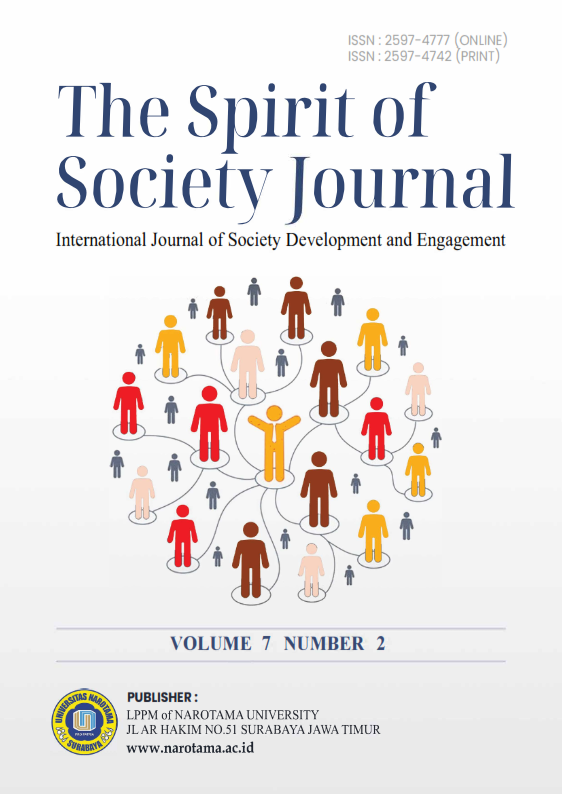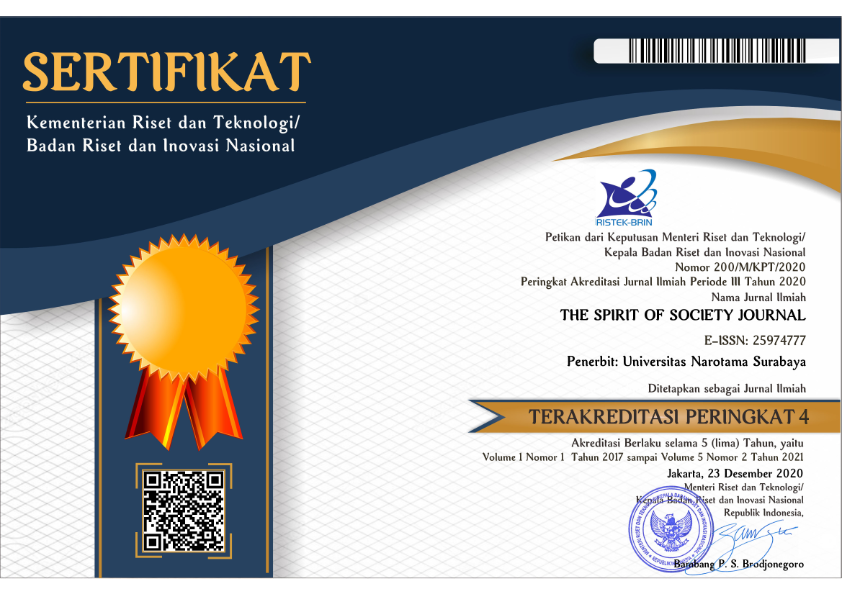Zanzibar's Unity Government: A New Episode or Changing Direction of Revolutionary Ideology?
Abstract
In January 1964, Zanzibar witnessed a revolution that overridden the Independence of 1963. The revolution targeted the Arab rulers occupying native land. The revolution produces two contested beliefs in society. The effect of these beliefs became apparent during the single-party and multiparty system starting in 1992, where identity-based politics and political discontent were visible. In 2010, the Revolutionary Government of Zanzibar began jointly led by the two parties. The Chama Cha Mapinduzi, a descendant of the revolutionary party (Afro-Shiraz Party) and the Civic United Front, shifted to the Alliance for Change and Transparency (ACT). The CUF is often seen as a descendant of Arab parties (Zanzibar and Pemba People Party), with negative connotations of revolution. This paper explores the Government of National Unity in Zanzibar, a new political episode of revolutionary Government. It delves into the social, political, and economic factors that led revolutionary ideology to embrace a national unity government. The study reveals that the revolution's ideology has gradually changed from politics of isolation and exclusion to nationalization due to natural and artificial factors. These changes are brought by natural and artificial factors, including time, technology, development desire, and generation's shift.
Downloads
Copyright (c) 2024 THE SPIRIT OF SOCIETY JOURNAL : International Journal of Society Development and Engagement

This work is licensed under a Creative Commons Attribution-ShareAlike 4.0 International License.












